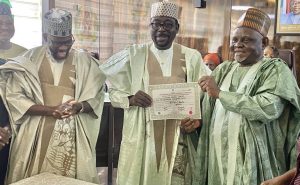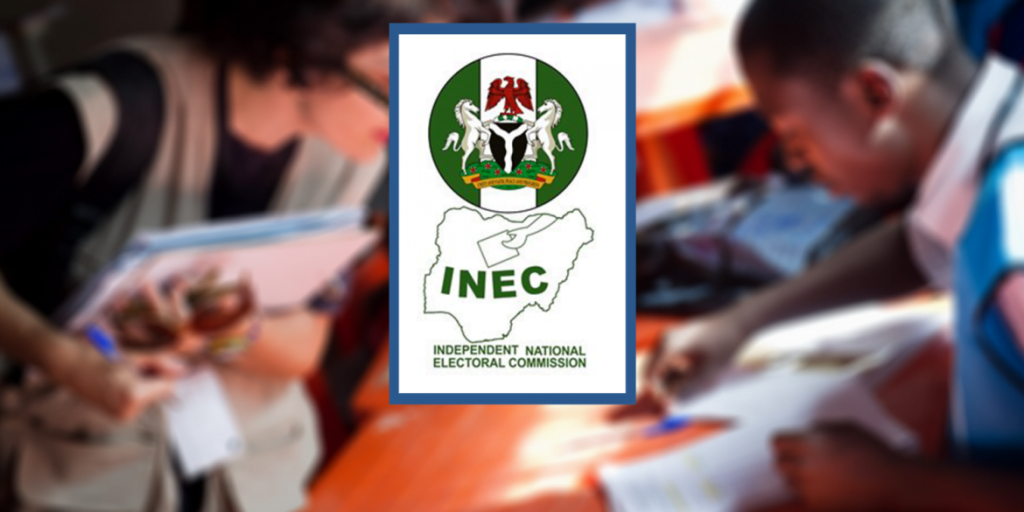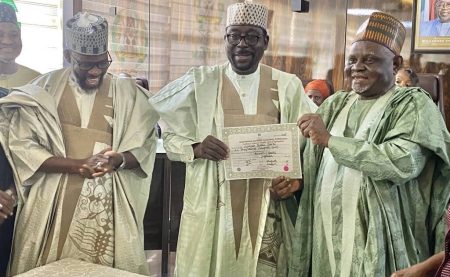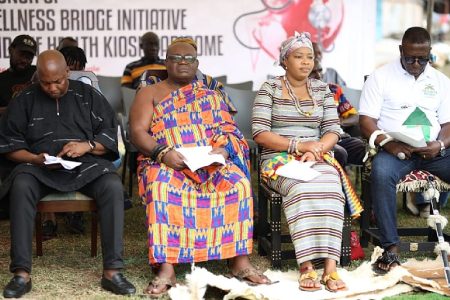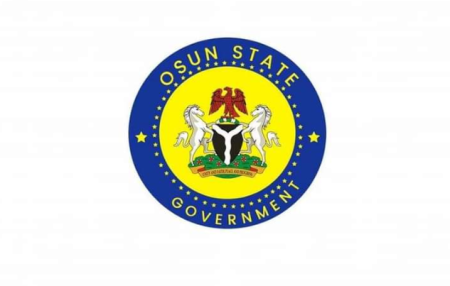Paragraph 1: INEC’s Warning Against Electoral Malpractices in Kebbi’s Continuous Voter Registration
The Independent National Electoral Commission (INEC) has issued a stern warning against electoral malpractices ahead of the Continuous Voter Registration (CVR) exercise scheduled to commence on August 18, 2023, in Kebbi State, Nigeria. Alhaji Abubakar Sarkin-Pawa-Dambo, the Resident Electoral Commissioner (REC) for Kebbi State, emphasized the commission’s zero-tolerance policy towards multiple registrations, underage registration, and registration by proxy. These fraudulent activities undermine the integrity of the electoral process and will not be tolerated by INEC. The REC stressed the importance of upholding the sanctity of the voter register and ensuring that only eligible citizens participate in the electoral process. He urged all stakeholders to cooperate with INEC to ensure a free, fair, and credible CVR exercise.
Paragraph 2: CVR Process and Eligibility Criteria in Kebbi State
The CVR exercise will be conducted in two phases. The first phase, commencing on August 18, 2023, will involve online pre-registration. Eligible citizens can access the INEC online portal to initiate their registration process from the comfort of their homes. The second phase, which will begin on August 25, 2023, will involve in-person registration at designated INEC Local Government Area offices. Nigerians who have attained the voting age of 18 years are eligible to register, either online or in person. The in-person registration will be held at all INEC Area Offices across Kebbi State from 9 am to 3 pm daily, except on weekends and public holidays. This two-phased approach aims to make the registration process more accessible and convenient for all eligible citizens.
Paragraph 3: Provisions for Replacement, Correction, and Transfer of Voter Registration Details
The CVR exercise also caters to registered voters who need to replace lost or damaged Permanent Voter Cards (PVCs), correct errors in their registration details, or transfer their registration to a new location. Those who have lost their PVCs, had their cards mutilated, or need to update their information, such as name, date of birth, or address, can present themselves at their respective Local Government INEC offices for the necessary updates or replacements. This provision ensures that registered voters can maintain accurate and up-to-date records, facilitating their seamless participation in future elections.
Paragraph 4: Kebbi State Voter Statistics and PVC Collection Status
Prior to the 2023 general elections, INEC registered a total of 2,032,041 eligible voters in Kebbi State. This figure comprises 1,096,449 male voters (54%) and 935,592 female voters (46%). The state has 225 Registration Areas and 3,743 Polling Units, spread across three senatorial zones and nine federal constituencies. As of the briefing, the PVC collection rate stood at 97%, with 1,847,752 voters having collected their PVCs. While a small number of PVCs remain uncollected, INEC plans to announce a date for further collection in the future, encouraging those who haven’t yet retrieved their cards to do so.
Paragraph 5: Significance of CVR and INEC’s Commitment to a Credible Electoral Process
The CVR exercise is crucial for ensuring that all eligible citizens are registered to vote and can exercise their franchise. It provides an opportunity for those who have turned 18 since the last election, those who were unable to register previously, and those who need to update their registration details to do so. INEC’s commitment to a continuous registration process reflects its dedication to ensuring that the voter register is comprehensive and up-to-date, thereby strengthening the electoral process and enhancing democratic participation. By facilitating the registration of eligible voters, INEC contributes to the consolidation of democracy in Nigeria.
Paragraph 6: Call for Collaboration and Public Awareness
INEC calls on all stakeholders, including political parties, civil society organizations, traditional and religious leaders, and the media, to collaborate in mobilizing eligible citizens to participate in the CVR exercise. Increased public awareness campaigns are crucial to disseminating information about the CVR process, eligibility criteria, and designated registration centers. By working together, stakeholders can ensure that the CVR exercise achieves its objectives and strengthens the democratic process in Kebbi State and Nigeria as a whole. The success of the CVR exercise depends on the collective efforts of all stakeholders to ensure maximum participation and uphold the integrity of the electoral system.


